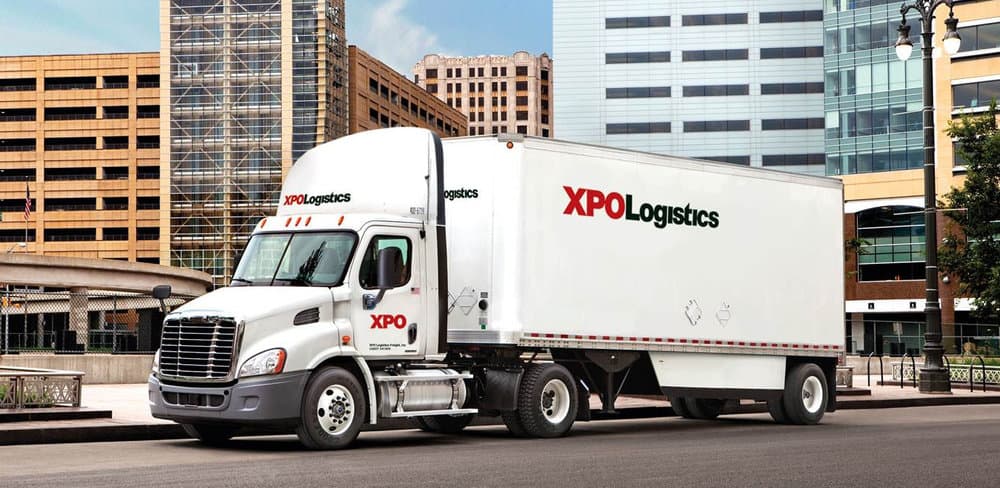
Good day,
Shippers trust carriers to move their goods, but how do they know the carrier they have chosen can get the job done? A new Cerasis blog post lists the 12 data points every shipper should monitor when choosing a less-than-truckload (LTL) carrier.
First, and perhaps most obvious, is the average cost per LTL shipment. The post suggests tracking this metric across multiple carriers, giving a better sense and more trend data on lower-rate carriers.
Other key metrics include on-time performance and freight damage claims, but the blog suggest some other not-so obvious metrics. These include whether accessorials are included as part of the total freight bill, the percent of LTL selection against the total number of shipments, and available LTL capacity against LTL capacity used.
“Over the past year, industry experts have pointed to a coming capacity crunch. To ensure your company is using LTL shipping correctly and to meet capacity demand, track the available LTL-capacity against LTL-capacity used,” the post notes. “In other words, if you have capacity available in your LTL shipping, you may be losing money. This data point indicates if LTL availability could be used in place of other modes that may cost more or require longer delivery windows.”
Using the proper data points, the post notes, can ensure that the proper shipping method and proper carrier are being chosen. (Visit the Cerasis post for the complete list)
Did you know?
Second-quarter cargo theft dropped according to data compiled by CargoNet. There were approximately 150 such thefts, the firm reported, totaling $17.2 million – down from $35.1 million last year. The average loss as $202,774.
Quotable:
“The 2017 bid season has been competitive, similar to 2016, however, we expect the recent capacity tightness and non-contract pricing strength to lead to an improved rate environment.”
– Dave Jackson, Knight Transportation president and CEO
In other news:
Amazon’s shipping costs rise
While its sales continue to rise, so to do its shipping costs. Amazon’s second quarter earnings reported a 36% rise in expenses related to shipping orders. (Wall Street Journal)
Cross-border freight rises
The value of freight moving within NAFTA increased 8% in May, with trucks moving 63% of that, according to U.S. Department of Transportation’s Bureau of Transportation Statistics. (Land Line Magazine)
Parking remains an issue, but is there a solution?
Truck parking continues to be a problem for drivers, with many choosing to park illegally. But Florida is working on a potential solution. (Fleet Owner)
Daimler adding more connectivity
Daimler is offering more advanced data connectivity to its Freightliner and Western Star customers. (Trucks.com)
Sides are chosen in ELD fight
According to a new report, depending on which side you fall in the ELD debate, that’s likely the side you have remained on. (Logistics Management)
Final Thoughts
Carrier selection is critical for ensuring timely, damage-free shipments, but so many shippers simply choose the lowest cost carrier. Using the proper data to track carriers can ensure that shippers are making the right choice – which may not always be the cheapest choice.
Hammer down everyone!
